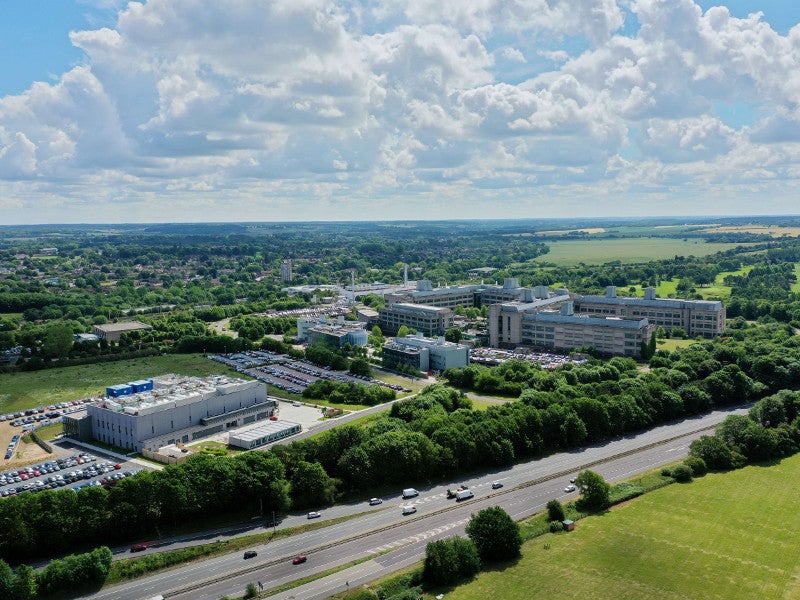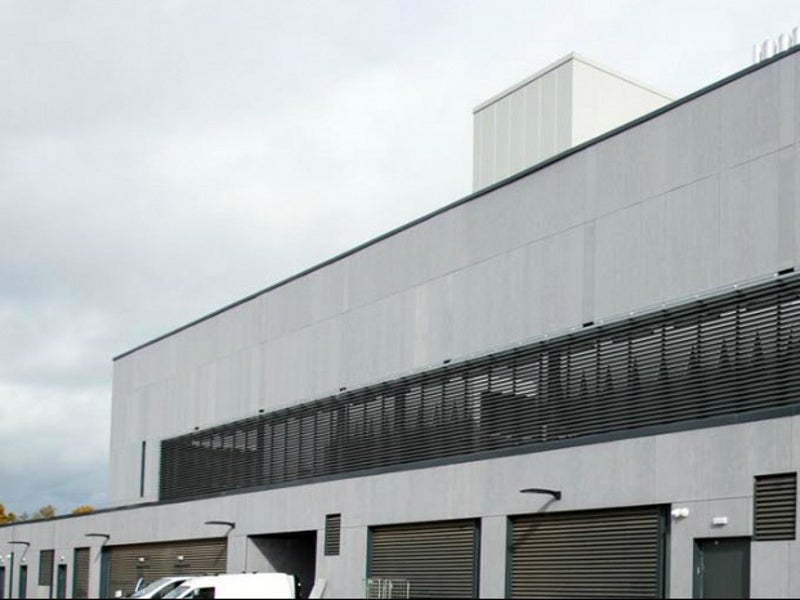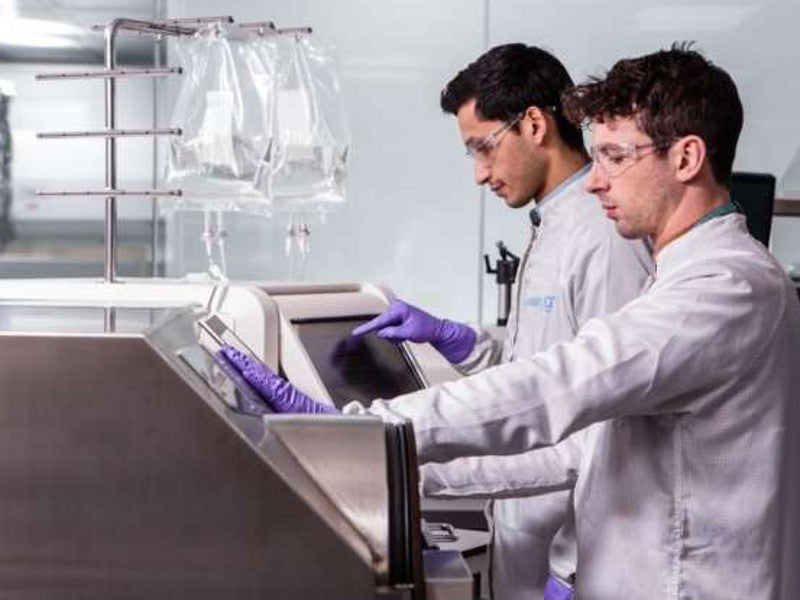The CGT Catapult manufacturing facility, a cell and gene therapy manufacturing facility, in Stevenage in Hertfordshire, UK was expanded in September 2019.
The manufacturing facility expansion, referred to as phase two, was announced in May 2019 and completed in September. It doubled the company’s manufacturing capabilities and bolstered collaboration opportunities for up to six new companies.
Starting from 2020, the collaborator companies can make use of the space to manufacture their therapies at scale, under the Good Manufacturing Practice (GMP) standards.
CGT Catapult manufacturing facility location
CGT Catapult’s manufacturing facility is part of the GSK Bioscience Campus in Stevenage, which has acted as a world-class hub for cell and gene therapies development in Europe since 2012.
Stevenage has international air links at Heathrow Airport, Luton Airport and Stansted Airport, as well as well connected by road and rail line.
Expansion details of the manufacturing facility
The six modules of the expansion project comprise grade C cleanrooms, each with 130m² production footprint, located on the second floor of the facility, which encompasses an already constructed area.
Each module is flexibly designed to hold 20 autologous cell processes in parallel or single bioreactor process ranging up to 1,000L bioreactors capacity for manufacturing viral vector or allogeneic cell.
Details of the existing manufacturing facility
The CGT Catapult manufacturing facility was opened in April 2018, securing Medicines and Healthcare Products Regulatory Agency (MHRA) licensing in August 2018. Spanning 9,200m², the GMP-compliant facility features six cleanroom modules in ‘hotel concept’, which enables the collaborators to design, develop and establish their production facilities.
The centre received a commercial license from MHRA for the production of medicines for use in patients, in September 2018. The initial collaborators are Cell Medica, Adaptimmune, Autolus, Freeline Therapeutics, and TCR2 Therapeutics.
The centre provides the required capabilities for the manufacture of new cell and gene therapies, starting with the availability of raw materials supply, quality control (QC) testing, storage, logistics and integration into the supply chain.
The Fisher BioServices’ CryoHub solution, used at the centre, provides the collaborator companies with efficient cryogenic storage, distribution, as well as transportation of the products.
In addition to the production modules, the facility features a warehouse, waste handling zones, QC laboratories, and administrative space.
Financing
The CGT Catapult facility has so far received funding of more than £75m ($92.5m) from Industrial Strategy Challenge Fund of UK Government, Innovate UK, Department of Business Energy and Industrial Strategy and European Regional Development Fund (ERDF).
ERDF provided £3.36m ($4.1m) funding for the expansion project as part of its European Structural and Investment Funds Growth Programme 2014-2020. The project also received £12m ($14.8m) from the Medicines Manufacturing Industrial Strategy Challenge Fund.
Hertfordshire Local Enterprise Partnership invested £2.9m ($3.7m) in the expansion, from its Local Growth Fund. The investment helped implement analytical technologies at the facility for the quality control of the cell and gene therapies.
Contractors involved
Portfolio, Programme and Project Managers (3PM) conducted project management services for the expansion project, while Fairhursts Design Group also participated in the facility development.





